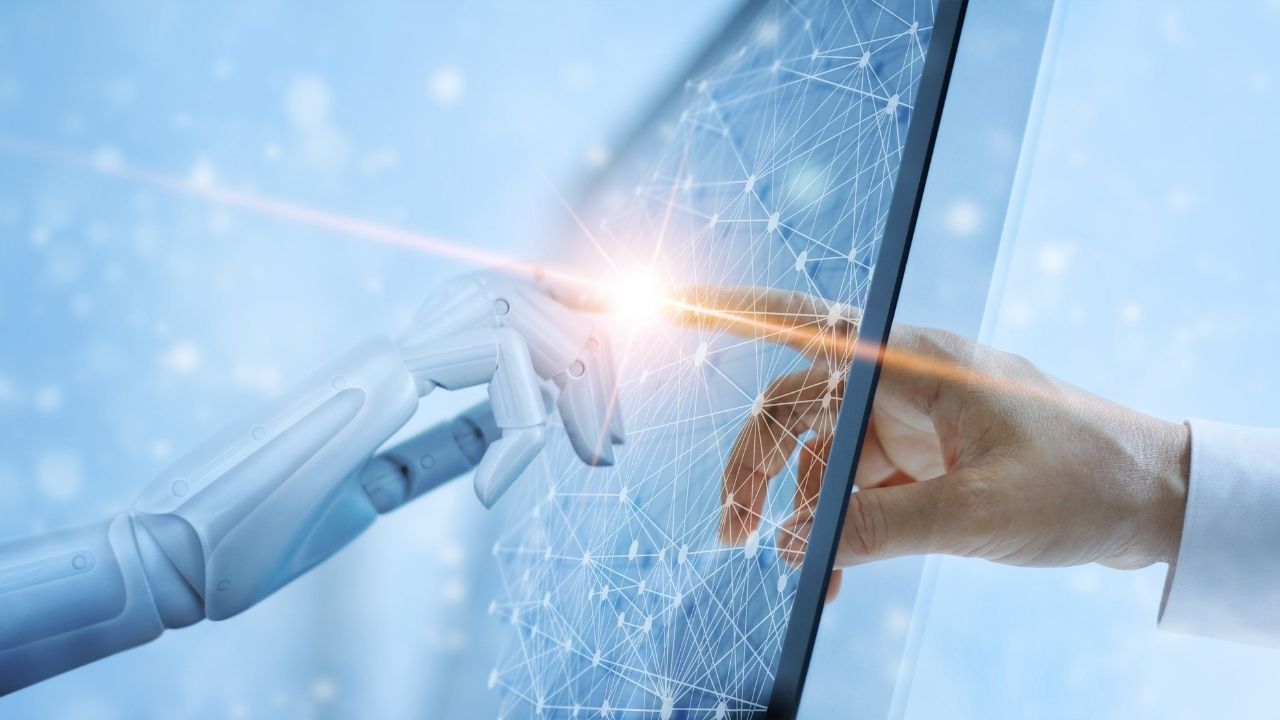Fears about artificial intelligence taking over jobs might seem logical, but the reality is that AI could open up a whole slew of opportunities for professionals.
The advancement of this type of technology has left those comfortable with their current jobs feeling anxious about being left behind in the workforce. While it can be unnerving to adopt new technologies at work, in order to keep up with the evolving workforce, professionals need to be willing to be flexible and agile.
Because demand for workplace flexibility is at a record high, the need for automation has also grown according to research from Gartner.
That’s why people need to develop and hone in on skills that AI cannot perform, such as creativity, social and emotional intelligence, sensing, computational thinking, and deconstruction.
Even if AI advances further to develop some of these skills, humans need to be ready to adapt their skills to work alongside this technology.
So how can humans nurture productive relationships with automation in a way that improves processes and helps workers adopt new skills?
For starters, humans can use their emotional intelligence to help computing systems with decision making.
Even more, AI’s ability to understand human emotion can aid workers to develop a deeper understanding of the design principles that computing systems use, therefore helping others understand these systems as well.
















